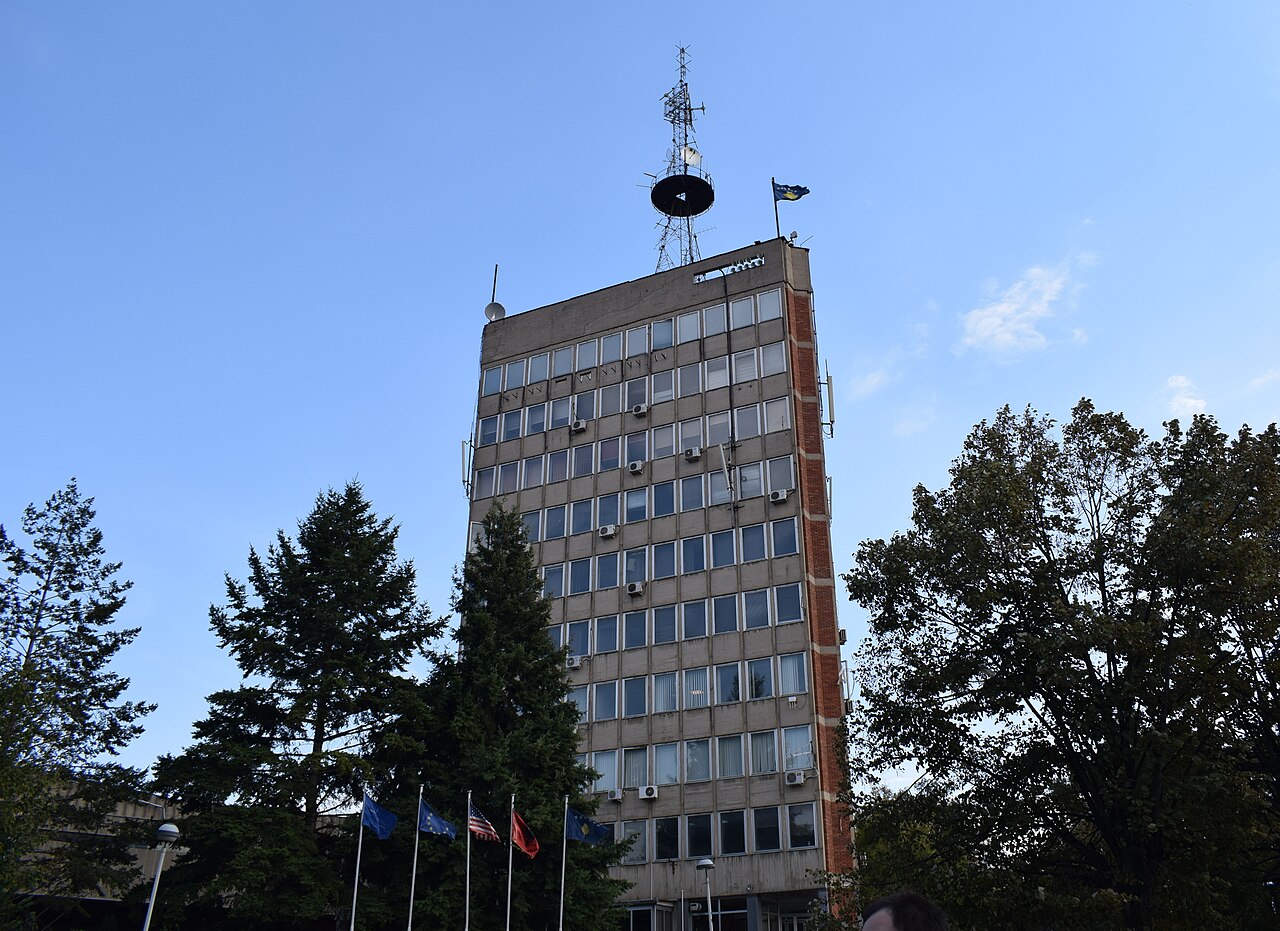 As Boris Johnson wins his fight to “democracy village”, Bibi van der Zee asks if the courts intend to end the great British tradition of camping in protest
As Boris Johnson wins his fight to “democracy village”, Bibi van der Zee asks if the courts intend to end the great British tradition of camping in protest
There is an oddity to the traffic arrangements around Parliament Square, but it will take the casual visitor several minutes to spot it. In fact even the keenest of observers may not spot it immediately, until he, or she, wants to cross the busy road to the green square in the middle.
There are no pedestrian crossings. It’s hard to work out where they’ve gone, but they’re just not there now. Instead commuters and tourists who want to break out of the bustle and shove off the pavements and make their way to the green island in the centre have to stride out bravely into the traffic. It’s like The Beach or something.
And this peculiarity makes it a little hard to stomach the fury of some commentators that the protesters in Parliament Square are “removing the liberty of people to walk across a public square”. The fact that the authorities, for reasons of their own, did that years ago, makes the Parliament Square democracy village just the very latest incarnation of the great British tradition of ideological squatters.
Setting up protest camps is something we Brits have done with huge enthusiasm and regularity since time immemorial. Where other nations feel the yoke of the oppressor upon their neck and think “grr, time for revolution”, we think, “ooh, where did we put those tent pegs?”
During the English civil war, the Diggers, led by Gerard Winstanley, tried to take over and cultivate communal land: Winstanley declared that if “the waste land of England were manured by her children, it would become in a few ideas the richest, the strongest and [most] flourishing land in the world”.
And ever since then, at the slightest sign of trouble we just move in. Housing shortage? Take over anything you can find. Don’t like nuclear weapons? Put up tents around the military bases. Opposed to apartheid? Take up residence outside the South African embassy. Want to stop a road being built? Unroll your ground mat right where the inside lane would have been.
Our legal system, which often treasures anomalous rights you’d imagine (if you’d grown up under New Labour) that it would just have hacked to the ground, has carefully preserved the right to do this. In a country where property is God, it is still possible to squat without having your deed-signing hand chopped off. And if you are setting up camp on private land, you can only be “directed to leave” if you’re in a wheeled vehicle or have “caused damage to the land…or used threatening, abusive or insulting language to the landowner” and all who surround him. On public land similar conditions hold, although increasingly military bases and the like can often convince friendly secretaries of states to pass bylaws that sneakily boot the camps.
More recently, our own police were forced to confirm in public (through the means of their self-flagellating Policing Protest report) that we do indeed have a right to peaceful protest which does not necessarily have to be “lawful”.
So what does all that mean for the protest camp in the heart of Parliament Square? Some may think it’s a mess and they’re right, it is a bit of a mess frankly – surely they could neaten it all up a little bit and pitch those tents in straighter lines?
But nevertheless, when I walked through the camp a couple of weeks ago I felt a swell of pride that tourists coming to Britain, visiting our Houses of Parliament and our grand cathedral, would be reminded that here, this is the way we do things. What, I thought, would Chinese, Cubans and Colombians make of it? In those countries protesters are thrown into prison or killed, not allowed to set up a permanent picket.
Despite all the best efforts of the government to make Parliament Square a no-protest zone, we’ve politely declined that option. Thank you but no. We’d rather have the freedom to express our mad, anarchic British feelings in public, under canvas, with a primus stove, a cup of tea and a handy parliament to pass legislation on whether Steve in tent four should be allowed to play his wind-up radio until 9pm or 10. Now, can we have the crossings back so that we can pop over to congratulate them without being run over?
Bibi van der Zee is a journalist and author. She recently published Rebel, Rebel: The Protestor’s Handbook




